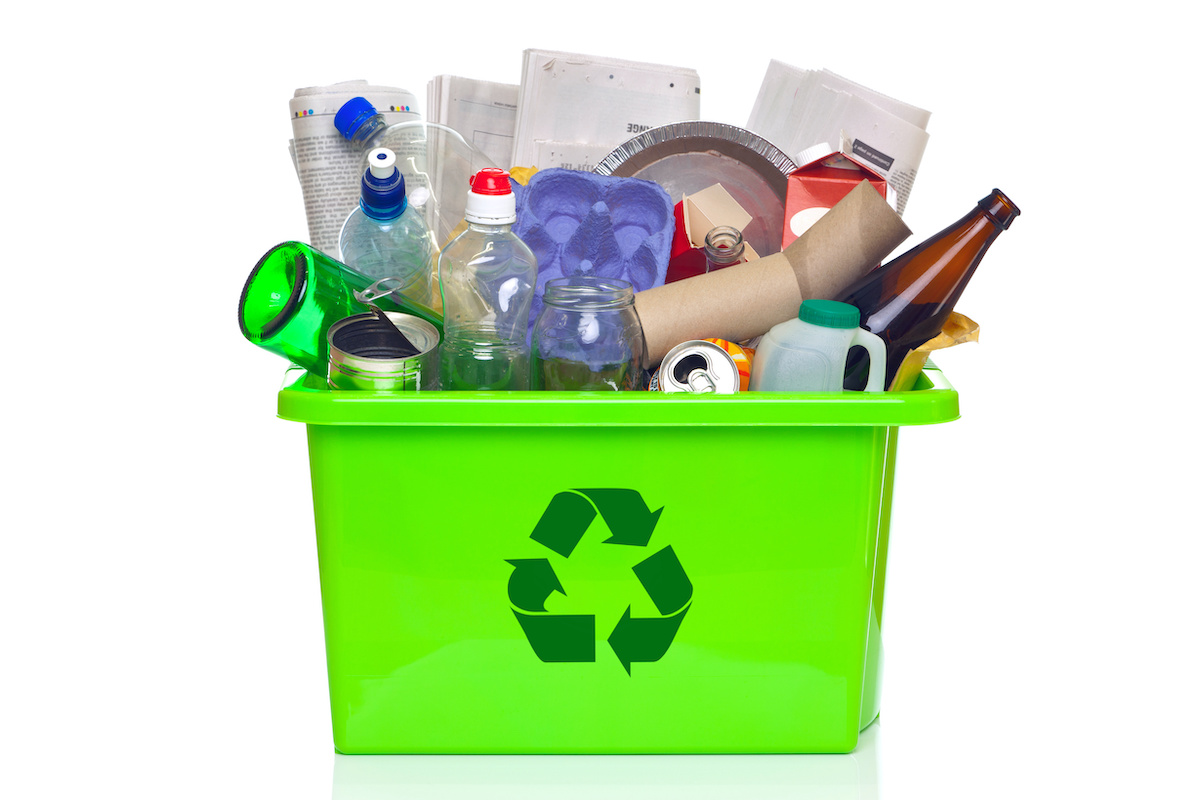Many people would be shocked to learn that sometimes their entire load of curbside recycling is thrown straight into a landfill. While recycling programs vary in different areas, most curbside programs follow a similar system; the recycling is picked up and taken to a sorting facility where materials are separated, then those materials are sold to various companies that make products out of recycled materials.
When people place non-recyclable items into their recycling bins, it keeps this system from being as efficient as it can be. Non-recyclable items can contaminate other recyclables, slow down the process and even damage machines. In order to keep the system running efficiently, sorting facilities may deem entire bins of recycling as trash if there are non-recyclables in with them.
This means that all of the plastic, glass, and paper you assumed was going to be used to make recycled products is really just sitting in a landfill, releasing toxic chemicals into the ecosystem and finding its way into the digestive systems of birds and other wildlife.
In order to make it easier to avoid this, we’ve put together a list of 11 items you should never recycle.
1. Paper towels and tissues
While these products are made of paper and technically recyclable, they are too small to be sorted at recycling facilities. Paper towels and tissues are also often covered in grease, food or things that you coughed into them. Since that can contaminate other recyclables, your whole bin could get sent to a landfill instead.
2. Plastic bags
Plastic bags are technically recyclable, but it’s unlikely they are accepted through your curbside recycling program. Do you know how you always see plastic bags stuck in trees? There is something about how a plastic bag is shaped that makes it easy for them to get stuck places, and they wreak havoc on machinery at sorting stations.
Sorting stations will also not open plastic bags that have recyclable materials inside. So every time you’ve wrapped up recyclable items and put them into a recycling bin, you’ve actually just tossed them into a landfill. Remember: these bags are recyclable, they just require a different system. A list of plastic bag drop-off locations can be found here.
3. Shredded paper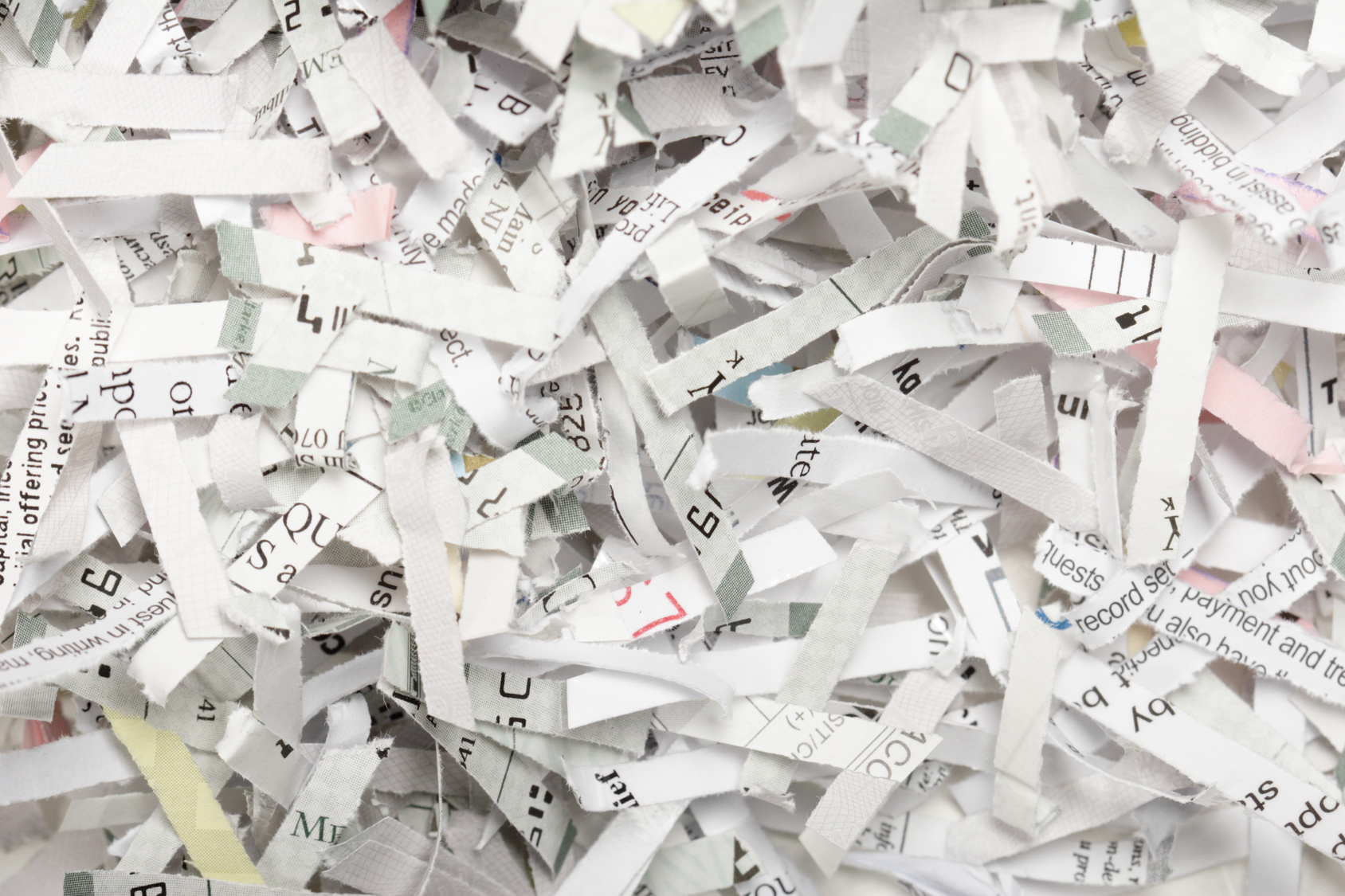
Like paper towels and tissues, this type of paper is too small to be handled at sorting stations. When the paper is shredded it lowers the grade and quality, meaning many facilities won’t accept it. The best way to avoid shredded paper going into a landfill is to simply not to shred it. Nowadays shredding documents doesn’t serve much of a purpose anyway; whatever shady bookkeeping or money-laundering scheme you have going on is probably discoverable online, so might as well keep the documents intact. Kidding, but please don’t shred paper.
4. Pizza boxes (sometimes)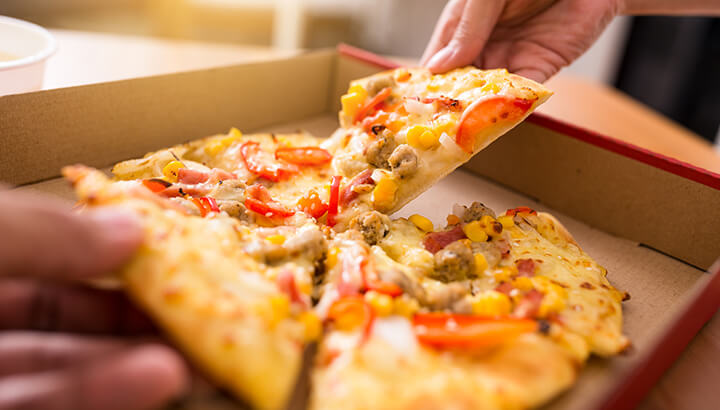
Sometimes pizza boxes are fine to put in the recycling bin, but other times they can contaminate other recyclables and send everything to a landfill. If there is food still stuck to any part of the pizza box it could be labeled as trash at the sorting facility. Be sure to suck all that processed cheese and grease off the cardboard before throwing it into the bin.
5. Styrofoam
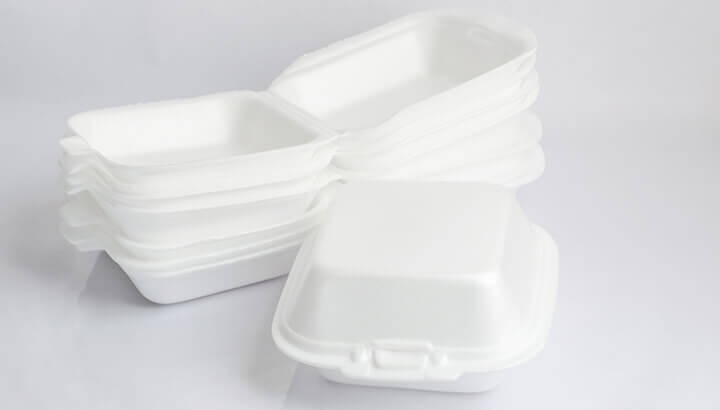
Styrofoam is actually a Greek word that means “terrible idea.” Okay, that’s not true, but it might as well be. Experts believe Styrofoam could take a million years to decompose (if it ever does at all). Very rarely is it accepted through curbside programs, but a list of drop-off locations can be found here.
6. Clothing hanger
s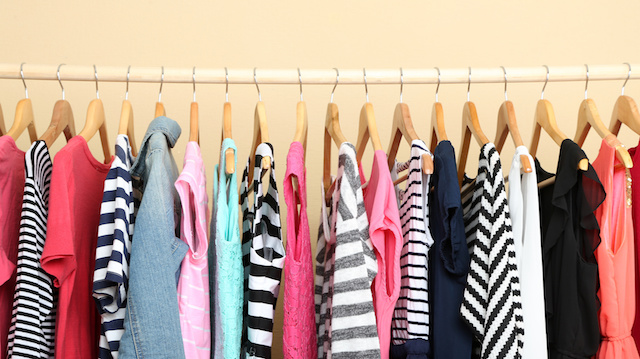
Most recycling programs do not accept clothing hangers, but you know who does? Dry cleaners! Hangers are like an oddly shaped type of currency to them. Estimates are that only 15 percent of clothing hangers are ever recycled, leading to more unnecessary plastic and metal ending up in landfills.
7. Food containers
Your food container is m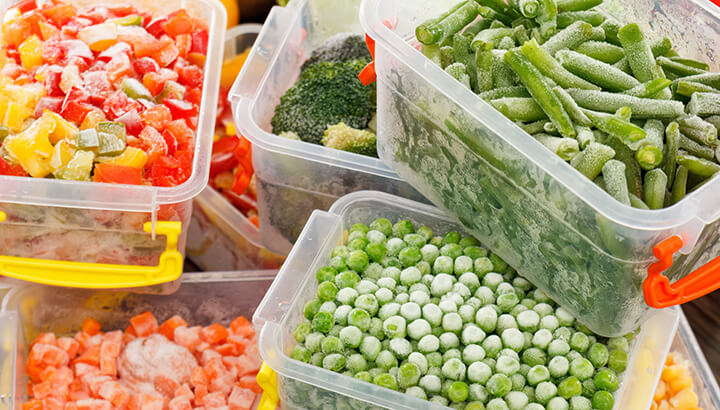
Your food containers are most likely recyclable, depending on the material, but only if there is no food in it. The containers do not need to be sparkling clean when you throw them in the bin, but all of the food does need to be removed, including those globs of almond butter that never want to leave the side of the jar.
8. Different types of glass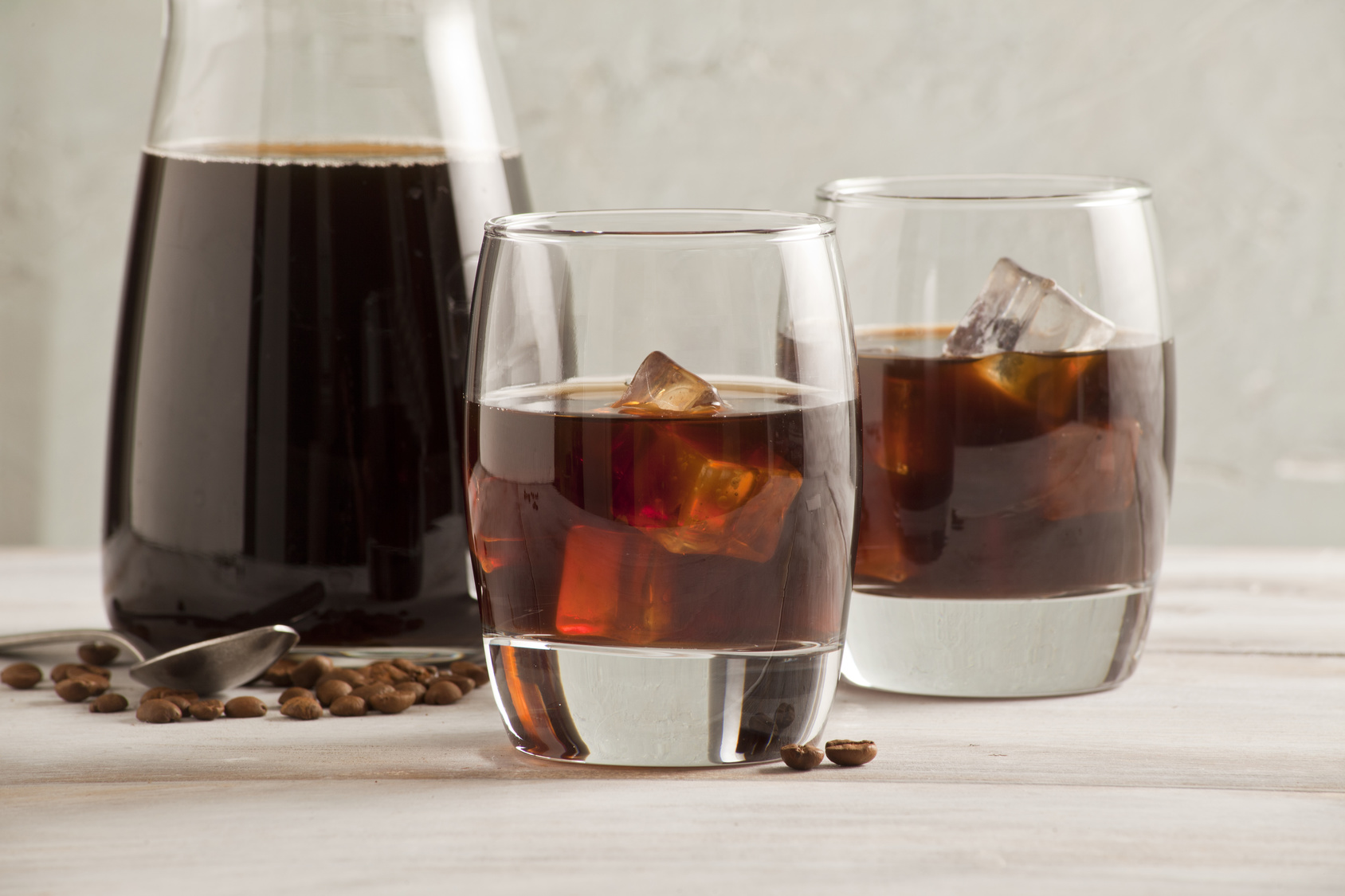
Not all glass is equal and different types require different processing. Glass that is used to make windows, drinking glasses, and mirrors are treated with chemicals that change their melting temperature. This kind of glass can cause damage to machines at recycling facilities, and unfortunately, very few options exist for recycling them. A good option would be to try and reuse them as best as possible. Broken glass is not accepted at recycling facilities as it could injure workers.
9. Energy-efficient light bulbs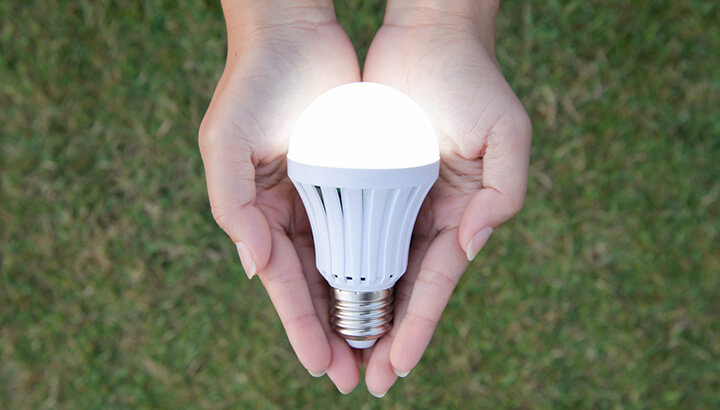
The energy-efficient Compact Fluorescent Lamp (CFL) bulbs contain a small amount of mercury, so special care needs to be taken to ensure that they do not end up in a landfill. Mercury can pose a health hazard to people and wildlife. The growing amount of CFL bulbs finding their way into landfills is alarming many people; seven states have now made it illegal to discard these bulbs into a landfill.
The safest way to ensure your old CFLs don’t end up in a landfill is to bring them to any major home improvement store, such as Lowe’s or Home Depot, as they often have CFL recycling programs.
10. Plastic toys
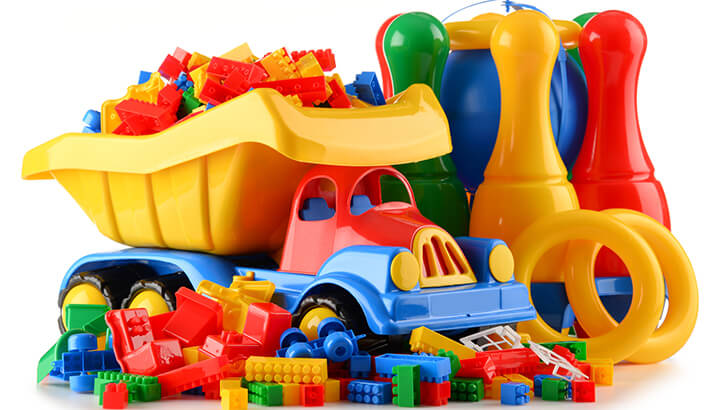
Kid’s plastic toys often contain so many different materials that separating and recycling them is often impossible. Luckily, in most cases, there’s no need to recycle these toys as they can be reused for multiple generations, provided future generations are still super into the Ninja Turtles. The Salvation Army and Goodwill accept toy donations and normally toy stores will have a donation bin located on-site as well.
11. Coffee cups
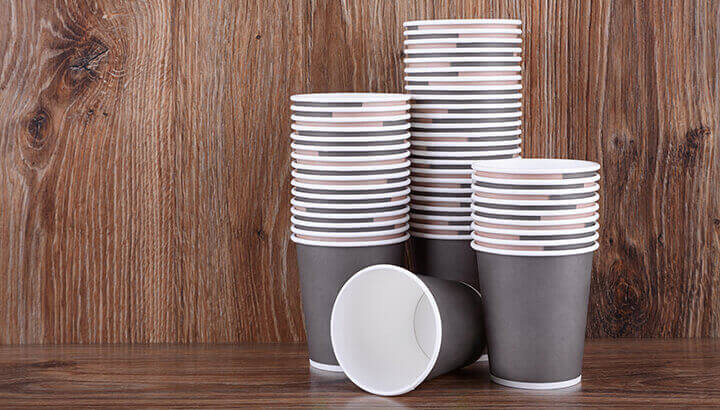
Many of you are going to be shocked to learn that in most cases your disposable coffee cup is not recyclable. Most coffee cups contain a layer of wax that prevents the cup from getting soggy but this makes it very difficult for the paper to be extracted from the wax. Starbucks is currently going through trials of using 100 percent recyclable coffee cups.


